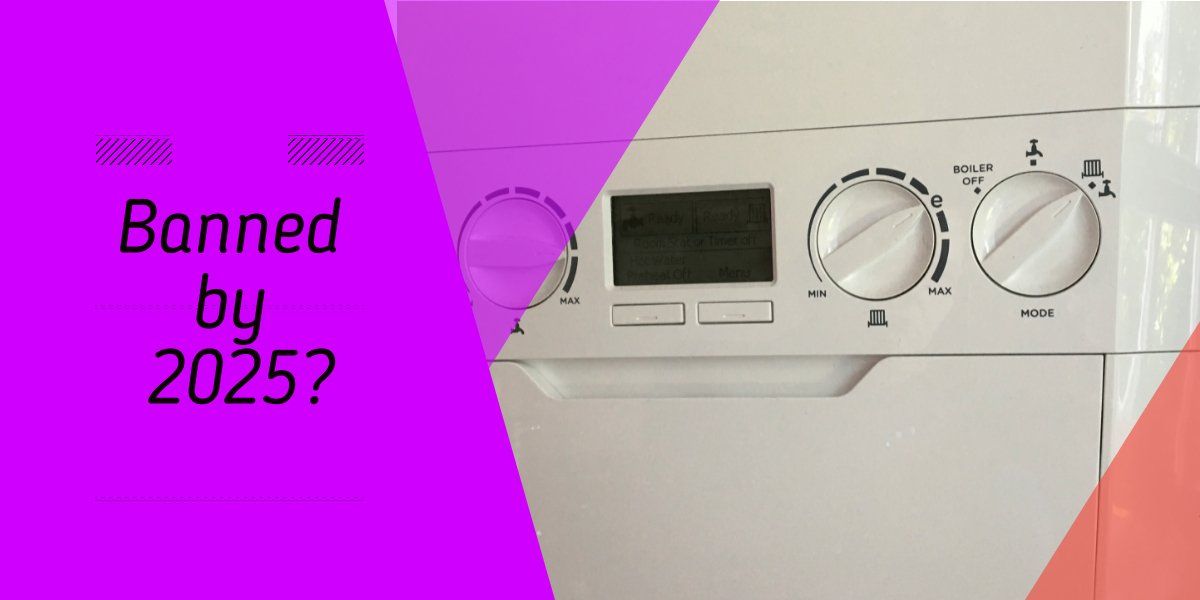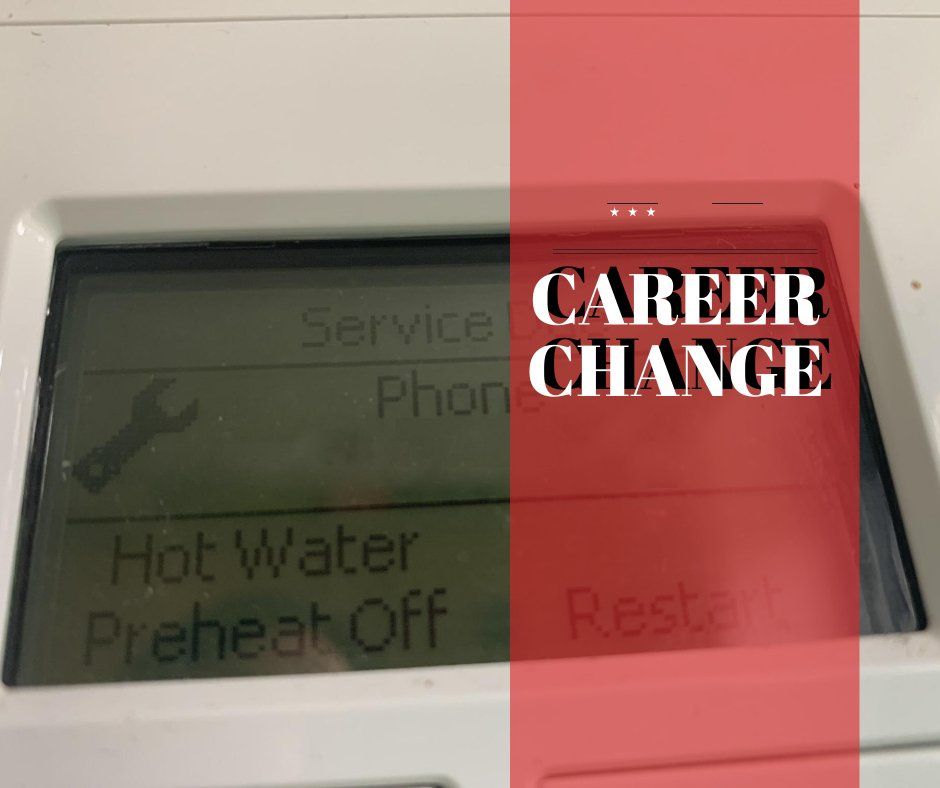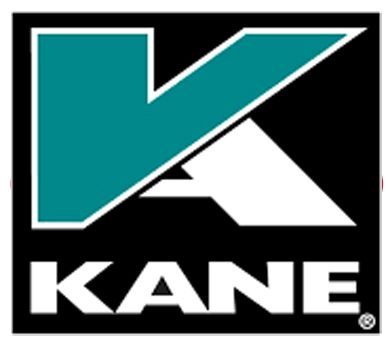The media is stating ‘gas boilers are to be banned by 2025’ under plans to combat climate change. But is this actually true?
The news that gas boilers are to be banned by 2025 is currently all over the media. As one of 400 measures being phased in to help tackle global warming, the International Energy Agency (IEA) has stated that no new fossil fuel boilers should be sold from 2025...
...unless compatible with hydrogen.
And this is where the confusion lies. In reality, whilst natural gas boilers are being phased out, they are set to be replaced with hydrogen-ready boilers, which are completely carbon free.
As natural gas boilers are to be banned by 2025, these new boilers will be installed in readiness for the switchover to hydrogen at a later date. Currently this switchover is to take place by 2050, whereby hydrogen will replace natural gas and be supplied via the country’s National Grid.
This changeover will be very similar to the transition from coal to natural gas in the late 1960s/early 1970s. Please note that although hydrogen-ready boilers will be installed from 2025, they will continue to run on natural gas until the switchover takes place.
Natural gas boilers are to be banned by 2025 – what does this mean to you?
Homeowners will be required to have their current gas boilers replaced within the next eight years. Low carbon alternatives, such as heat pumps, are increasingly in popularity, with around 30,000 installed every year. By 2028, the government wants this number to 600,000 per year.
Although this will mean an upfront cost, replacing a natural gas boiler with a hydrogen-ready boiler, electric heat pump or solar alternative could save homeowner a great deal of money on their energy bills in the long run.
However, it is important to note that the average cost to upgrade your current natural gas boiler to hydrogen-ready will be approximately £2000 and will not require any change to the rest of your home’s heating and hot water system. In comparison, a heat pump is set to cost an average of £10,000, involves a total upgrade of all existing systems and will take four times as long to complete than a hydrogen-ready boiler. In addition, a total overhaul of older buildings’ wall and loft insulation is required to maximise a heat pump’s efficiency, which will involve additional cost.
Simply put, retrofitting existing systems in older properties to a heat pump is not cost-effective; an electric heat pump is better suited to off-grid or new build properties where the design and installation can be made to suit.
Natural gas boilers are to be banned by 2025 – where are the installers?
There is currently an estimated shortage of 100,000 gas engineers in the UK. With the sheer amount of homeowners requiring a changeover from natural gas to hydrogen or other green alternatives, there will be a dearth of work for engineers in coming years.
To provide a little perspective, an estimated 23 million gas boilers will need to be removed and replaced with hydrogen-ready boilers. Add that to the shortage of gas engineers and now is the perfect time to enter the gas industry.
In order to become a domestic hydrogen engineer, you are required to qualify as a gas engineer first. You must hold:
- CCN1 (Domestic Core Gas Safety)
- CPA1 (Flue Gas Analysing)
- CENWAT (Boilers & Water Heaters)
The Hydrogen qualification is an add-on, which is expected to be a 2-3 day training course plus assessments. This is currently in development; once approved by the Gas Industry and various government bodies, Gas Training & Assessment will be one of the approved training centres that delivers the training.
Start your new career

























